Comparisons between destruction in Iraq and Ukraine could boost the International Criminal Court’s authority in the West
By Paul Rogers Published 3-25-2023 by openDemocracy
In the space of a week, three very different events have occurred that have done much to shape the future of the war in Ukraine. One is the decision of the International Criminal Court (ICC) to bring war crimes charges against Vladimir Putin; the second is the three-day visit of China’s president Xi Jingping to Moscow; and the third is the 20th anniversary of the start of the Iraq War and the end of the Saddam Hussein regime. All three are set against a background of a bitter and devastating war in Ukraine that could well continue for many months or even years.
As to the war itself, Western states – and especially the United States – continue to provide a wide range of weapons and materiel, certainly enough to make it difficult to envisage a Russian victory. Yet the degree of Western support isn’t sufficient to allow Ukraine to force the Russian military out of eastern Ukraine, still less Crimea. While Ukrainian military forces are bearing the brunt of the war, they are simply not getting sufficient military supplies to put them in a winning position. The whole pace of the war continues to be dictated by Washington. Continue reading



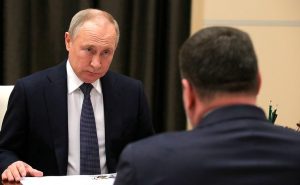
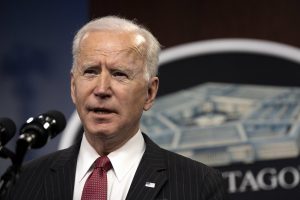

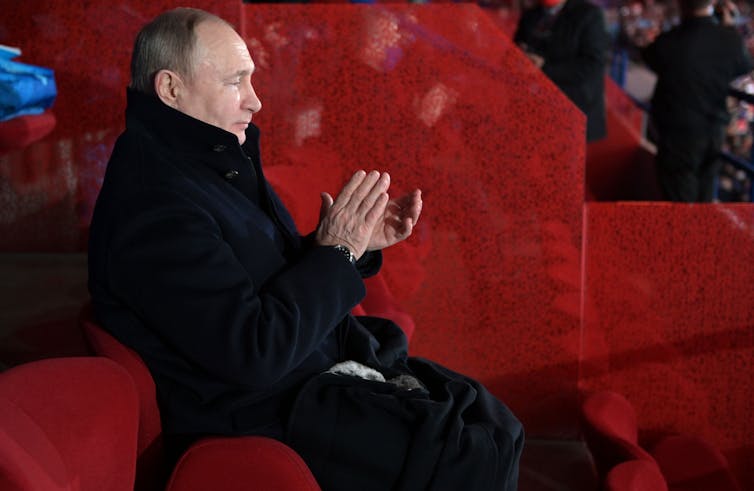

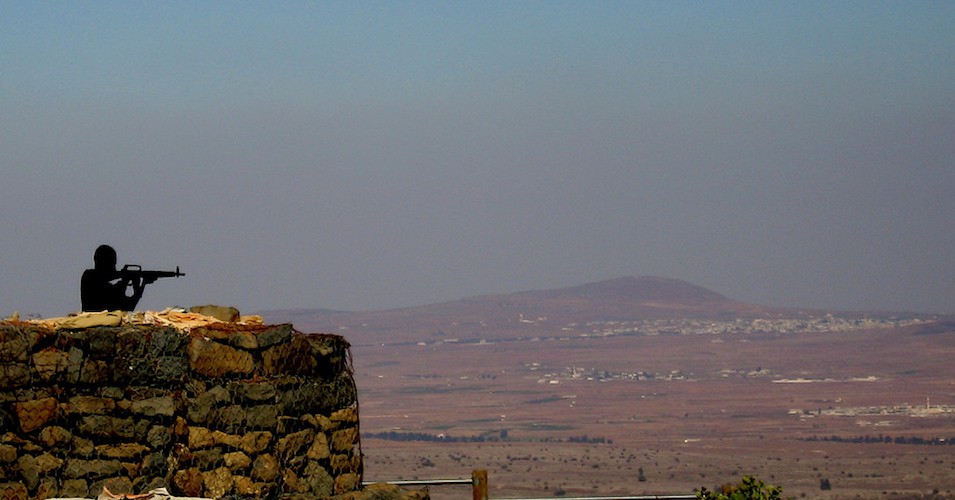
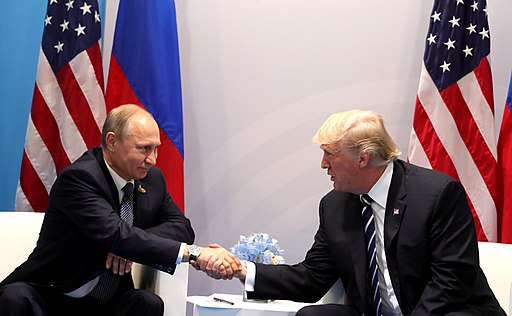
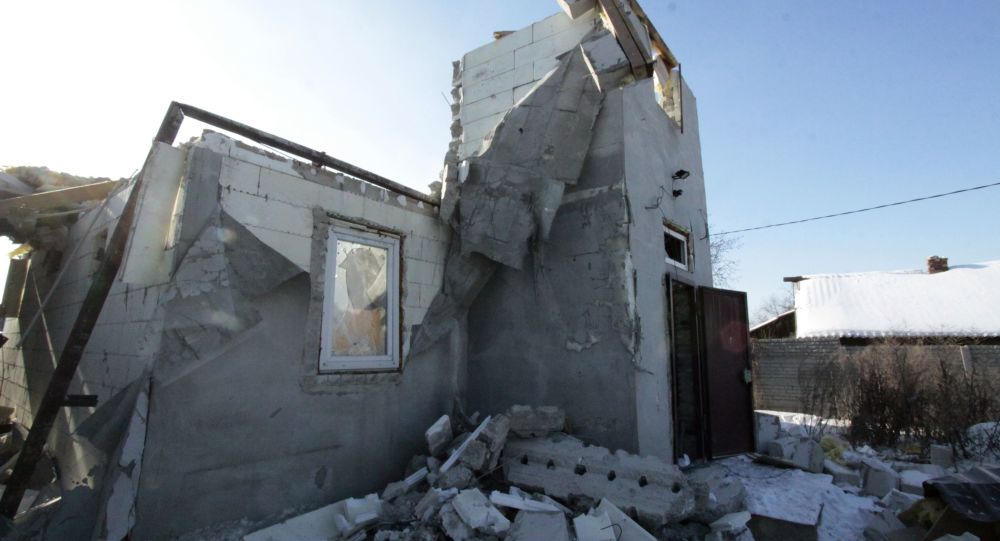
![OSCE SMM monitoring the movement of heavy weaponry in eastern Ukraine, March 2015. Photo: OSCE Special Monitoring Mission to Ukraine [CC BY 2.0], via Wikimedia Commons](http://occupyworldwrites.org/wp-content/uploads/2016/11/OSCE_SMM_monitoring_the_movement_of_heavy_weaponry_in_eastern_Ukraine_16705750566.jpg)